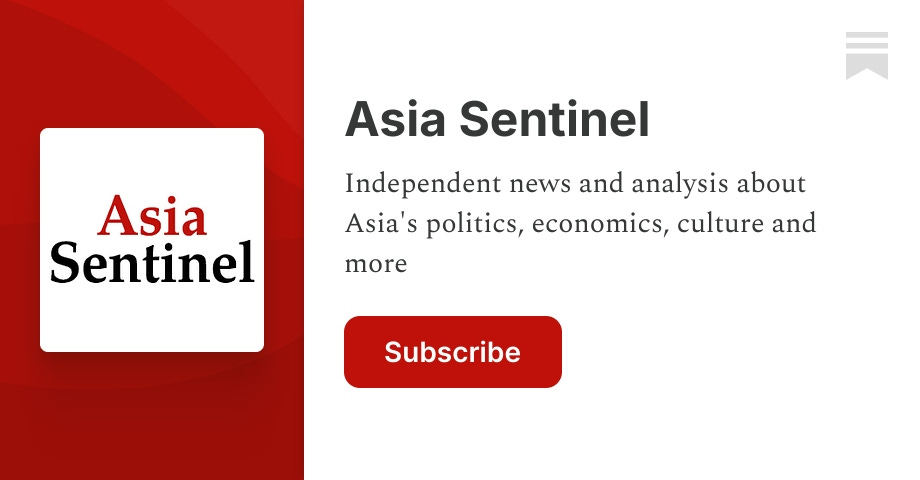Re: Armenia's Economic Pulse
WORLD BANK APPROVES US$21 MILLION LOAN FOR ARMENIA'S PUBLIC SECTOR MODERNIZATION
10:52, 01 Oct 2015
Siranush Ghazanchyan
The World Bank Board of Executive Directors today approved a US$21
million loan for theThird Public Sector Modernization Project (PSMP
III) for Armenia. This project will further assist the Government
of Armenia in its on-going efforts to improve quality of the public
financial reporting and to improve access to selected enhanced
e-government services.
PSMP III supports three main components: (i) Public Financial
Management Information Systems; (ii) e-Governance Solutions for
Improved Service Delivery; and (iii) Capacity Building and Small
Capacity Building Interventions.
The first component will assist the Government to improve the
efficiency, effectiveness and comprehensiveness of its financial
management and accounting through the development of a Government
Financial Management Information System (GFMIS). The proposed GFMIS
modules will include improvement, among others, in budget planning,
budget execution, public procurement, debt management, accounting,
budget reporting, and the general ledger.
"Strengthening governance through improved public service delivery is
among the priorities for Bank support," said Laura E. Bailey, World
Bank Country Manager for Armenia. "I will particularly highlight
the proposed Citizen-Government Interface for Accountability under
the second project component. This will support the establishment
of feedback mechanisms to facilitate citizen and business access
to government services, address grievances, and monitor client
satisfaction."
The second component will support the implementation of select
priorities as identified in Armenia's e-Governance Strategy. Key
elements will include: development of the enabling environment by
strengthening policy, regulatory frameworks and building institutions
and capacity within the government to undertake introduction of
e-governance platforms, and introduction of foundational platforms
and infrastructure necessary for government-wide e-services.
Other sub-components are focused on developing:e-Transport modules
to improve efficiency and the quality of transportation services in
Yerevan; additional modules to the current e-Consular system, including
a consular registration process for travelers and issuing e-visas;
and upgrading the current e-Licensing system through automation of the
simplified procedure of licenses issued on behalf of the Ministry of
Finance, management of electronic license registry, and streamlined
reports and notifications.
The third component seeks to strengthen the capacity of the Civil
Service Council and Armenian Academy of Public Administration to
modernize the training system for public servants and raise the
quality of trainings.
PSMP III continues the reforms supported under PSMP I and PSMP II
(on-going). PSMP-I, implemented between 2004 and 2011, supported
institutional reforms in the areas of policy formulation, local
government and civil service, together with Public Financial Management
interventions in the areas of public procurement and external and
internal audit.
The World Bank will provide a US$21 million IBRD fixed spread loan
with a 14.5-year grace period and a total repayment term of 25 years.
Since joining the World Bank in 1992 and IDA in 1993, the commitments
to Armenia total approximately US$2,179.730 million.
WORLD BANK APPROVES US$21 MILLION LOAN FOR ARMENIA'S PUBLIC SECTOR MODERNIZATION
10:52, 01 Oct 2015
Siranush Ghazanchyan
The World Bank Board of Executive Directors today approved a US$21
million loan for theThird Public Sector Modernization Project (PSMP
III) for Armenia. This project will further assist the Government
of Armenia in its on-going efforts to improve quality of the public
financial reporting and to improve access to selected enhanced
e-government services.
PSMP III supports three main components: (i) Public Financial
Management Information Systems; (ii) e-Governance Solutions for
Improved Service Delivery; and (iii) Capacity Building and Small
Capacity Building Interventions.
The first component will assist the Government to improve the
efficiency, effectiveness and comprehensiveness of its financial
management and accounting through the development of a Government
Financial Management Information System (GFMIS). The proposed GFMIS
modules will include improvement, among others, in budget planning,
budget execution, public procurement, debt management, accounting,
budget reporting, and the general ledger.
"Strengthening governance through improved public service delivery is
among the priorities for Bank support," said Laura E. Bailey, World
Bank Country Manager for Armenia. "I will particularly highlight
the proposed Citizen-Government Interface for Accountability under
the second project component. This will support the establishment
of feedback mechanisms to facilitate citizen and business access
to government services, address grievances, and monitor client
satisfaction."
The second component will support the implementation of select
priorities as identified in Armenia's e-Governance Strategy. Key
elements will include: development of the enabling environment by
strengthening policy, regulatory frameworks and building institutions
and capacity within the government to undertake introduction of
e-governance platforms, and introduction of foundational platforms
and infrastructure necessary for government-wide e-services.
Other sub-components are focused on developing:e-Transport modules
to improve efficiency and the quality of transportation services in
Yerevan; additional modules to the current e-Consular system, including
a consular registration process for travelers and issuing e-visas;
and upgrading the current e-Licensing system through automation of the
simplified procedure of licenses issued on behalf of the Ministry of
Finance, management of electronic license registry, and streamlined
reports and notifications.
The third component seeks to strengthen the capacity of the Civil
Service Council and Armenian Academy of Public Administration to
modernize the training system for public servants and raise the
quality of trainings.
PSMP III continues the reforms supported under PSMP I and PSMP II
(on-going). PSMP-I, implemented between 2004 and 2011, supported
institutional reforms in the areas of policy formulation, local
government and civil service, together with Public Financial Management
interventions in the areas of public procurement and external and
internal audit.
The World Bank will provide a US$21 million IBRD fixed spread loan
with a 14.5-year grace period and a total repayment term of 25 years.
Since joining the World Bank in 1992 and IDA in 1993, the commitments
to Armenia total approximately US$2,179.730 million.









Comment